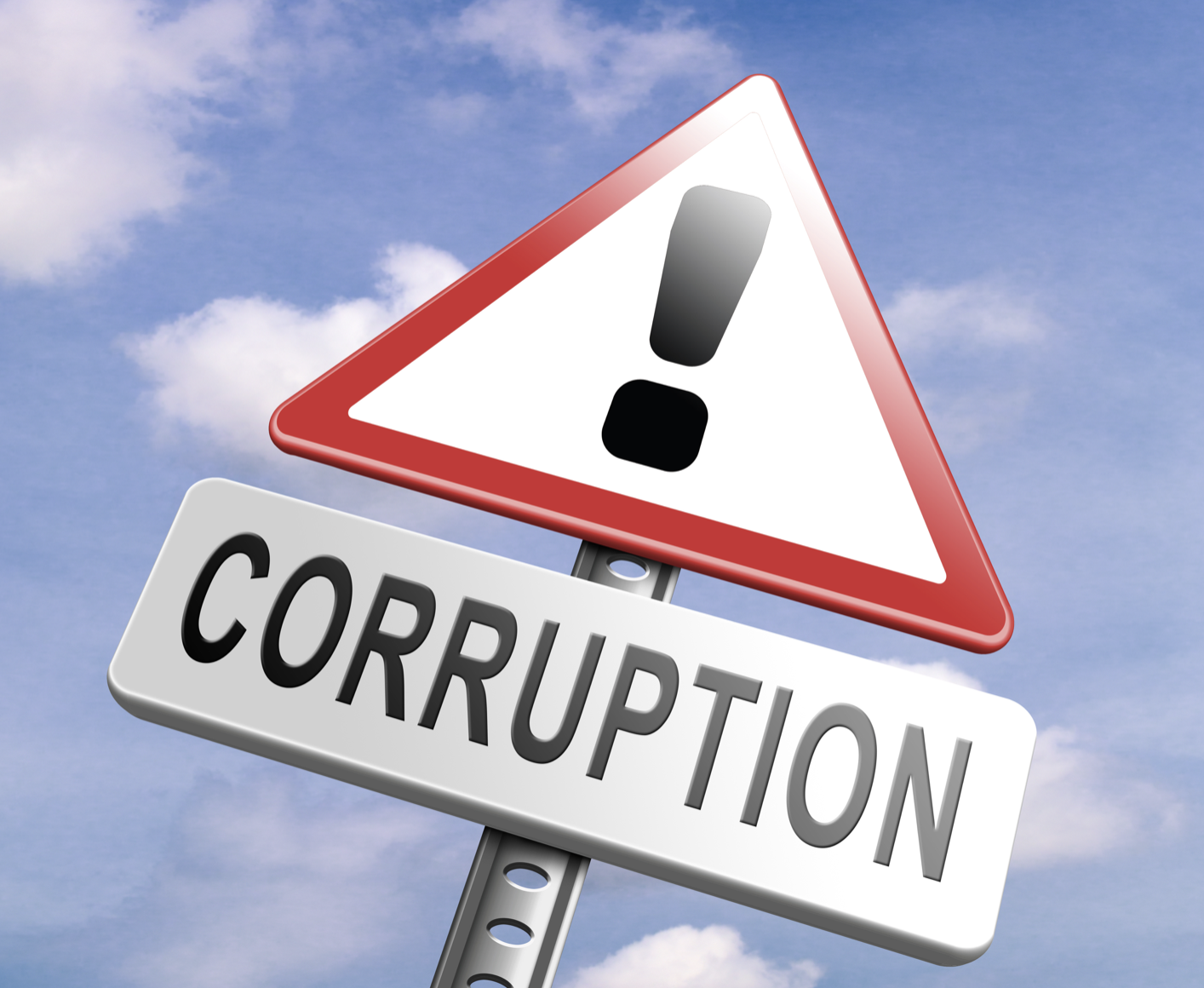by Nnaoke Ufere, PhD
Albert “Jack” Stanley, the 65-year-old chairman and CEO of KKR, a senior executive at Halliburton, was legendary for winning billion-dollar contracts in emerging countries; he seemed to possess a magic wand for dealing with government officials and winning their trust in countries like Egypt, Malaysia, Nigeria and Yemen.
Those who know Stanley well describe him as a smart and fearsome competitor, intent on winning big deals and getting rewarded for his contributions. He was well-compensated and had plush multi-million dollar homes in Texas, North Carolina and an exclusive suburb of London. His dedication to Halliburton was unquestionable and he was considered a global rainmaker.
As friends would later testify, he was having the best time of his globetrotting career as Big Oil’s dealmaker and his career was on cruise control. He had it all. But all that changed on one private trip to Abuja, Nigeria.
When Stanley boarded the flight to Abuja, Nigeria, little did he know that the fateful trip would not only end his winning ways and prestigious career, but also would send him to prison for 30 months, plus $10.8 million in restitution payment.
Mr. Stanley, according to federal prosecutors, made the clandestine trip to meet with senior Nigerian officials to figure out who to bribe and how much to pay. The agreed $182 million bribery greased the palms of Nigeria procurement officials who reciprocated by awarding a lucrative contract worth more than $6 billion to Halliburton to build liquefied natural gas facilities on Bonny Island, Nigeria.
In appreciation for his quick decision to approve the bribery deal, Nigeria officials rewarded Stanley with “kickback” in the amount of $10.8 million. When the bid result was announced, Stanley and Halliburton had won big again. But they won by violating the Foreign Corrupt Practices Act of 1977, which forbid US-based companies and individuals from paying bribes to government officials abroad. The case went to trial and Stanley was convicted of bribery and extortion.
On the sentencing day on February 23, 2012, the Wall Street Journal (2012) reported, “Mr. Stanley stood slightly stooped as he addressed the court, accepting responsibility and saying he allowed his values to be compromised”. Mr. Stanley then told Judge Keith Ellison that his decision to bribe Nigerian officials in order to win the construction contract was fueled by “ambition, ego and alcohol”.
His rationalizations notwithstanding, the judge sentenced him to 30 months in prison and ordered him to refund the $10.8 million he received from the deal. Halliburton also settled with the US government and paid $579 million in penalties. A Halliburton spokeswoman later said the sentencing was “an individual matter” that did not involve the company.
Why CEOs Engage in Corrupt Behavior
Mr. Stanley’s bribery behavior is not an isolated case nor is his use of “alcohol-made-me-do-it” rationalization strategy to justify criminal act atypical. According to case files on the Department of Justice and SEC websites, several multinational corporations (MNCs) have pleaded guilty to similar crimes – Johnson & Johnson, IBM, Shell, Baker Hughes, ABB, Siemens, Tyson Foods, Vetco, Wal-Mart (case pending), etc. These cases have rattled the CEO community, board of directors and shareholders. For example, Wal-Mart’s share price dropped 5% on April 23, 2012, wiping out about $10 billion in shareholder value the day its $24 million bribery deal in Mexico was disclosed.
Finding from our research on supply-side corruption (those who pay bribes purposively for self-interested benefits) directly implicates CEOs as active perpetrators of corrupt practices in emerging markets. In sum,our findings show that a CEO’s corrupt behavior is shaped by four important factors.
First, the host country’s institutional environment may create opportunities for corrupt behavior by providing incentives and a moral free zone where CEOs rationalize and justify corrupt behavior as normative – the way business is done in the host country. Corrupt business environment impose vice rather than virtue, because it is characterized by imperfect competition based on who can pay the highest bribes.
Second, the extent to which rational CEOs engage in corrupt practices, in the presence of opportunities to act corruptly in host countries, is influenced largely by their motivational desires to achieve company and/or personal goals when the benefits of doing so exceed the costs.
Third, CEOs who engage in corrupt behavior get rewarded for it. Past rewards and future reward expectations, therefore, become powerful inducements that reinforce corrupt practices with impunity. Fourth, board climate may approve of CEO corrupt behavior, explicitly or implicitly, by supporting and rewarding behaviors that promote corrupt practices or by failing to take action when corrupt practices come to light. With a corrupt CEO at the top role-modeling corrupt behavior, corrupt practices then become embedded in organizational culture and over time become the way things are done and accepted.
When we examine Stanley’s case from the lens of self-interest used in our studies, we find a rational actor whose corrupt practices were guided in part by his motivational desires to achieve both organizational goals (lucrative $6 billion contract award) and personal reward ($10.8 million in kickback).
One of the most intriguing findings from our research is that corrupt CEOs tend not to view themselves as corrupt. They tend to acknowledge their corrupt behaviors but at the same time rationalize it in ways that make them appear to be normal and acceptable business practice in their host countries.


